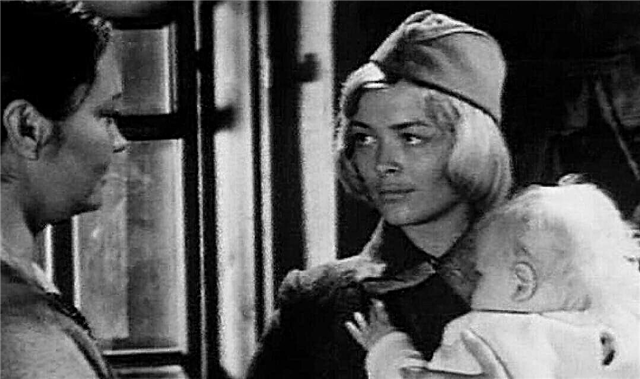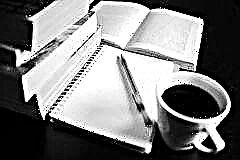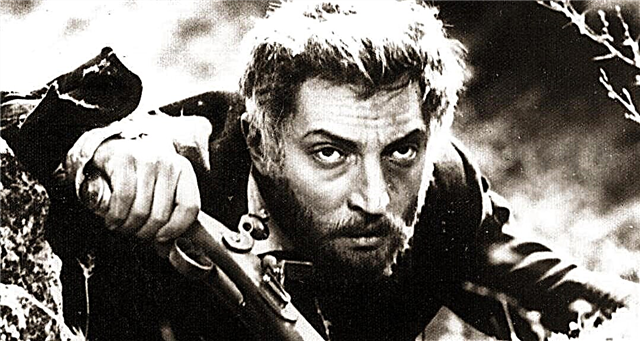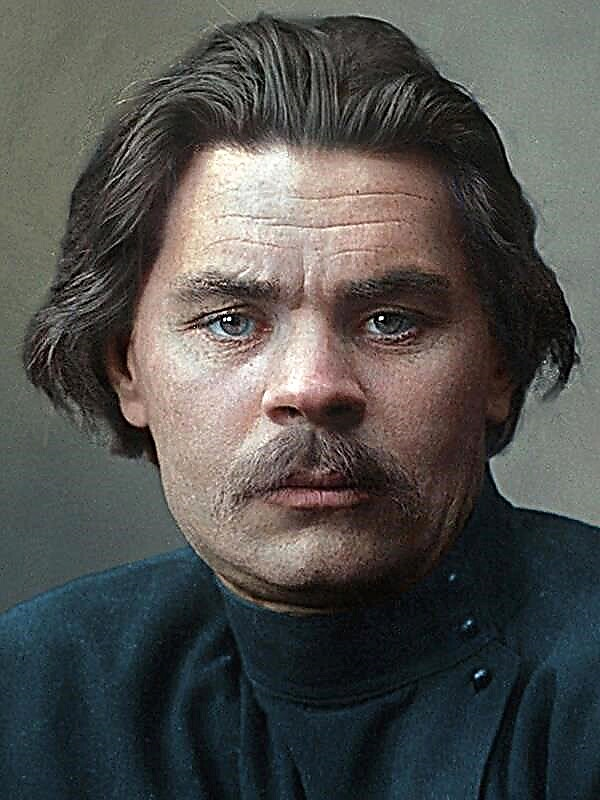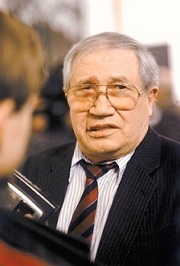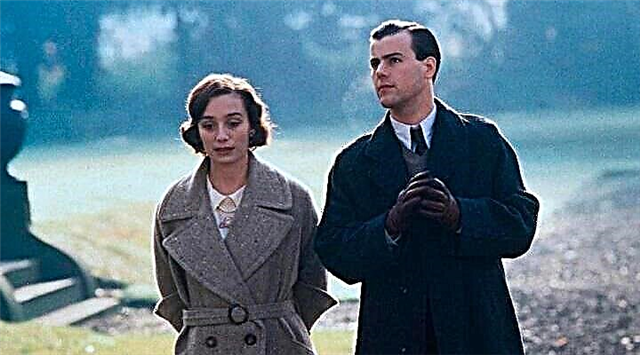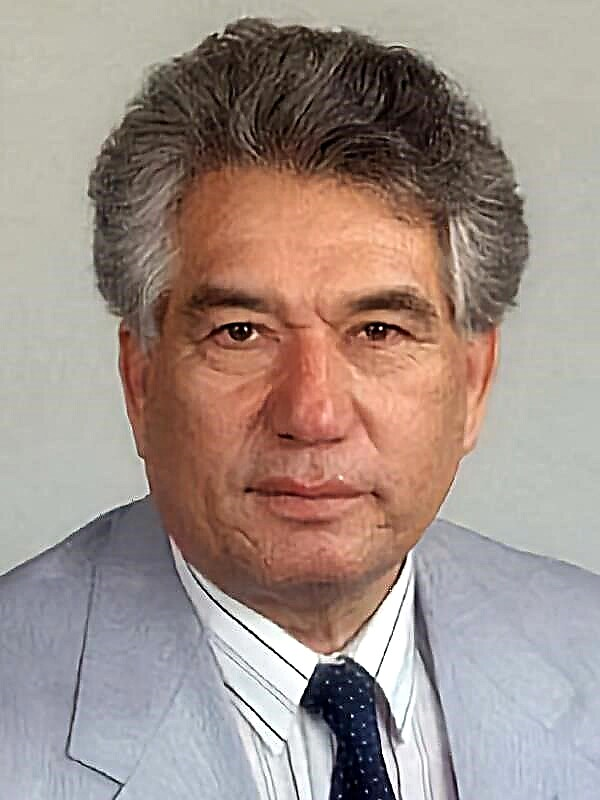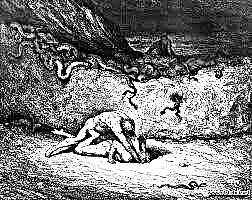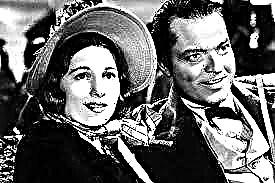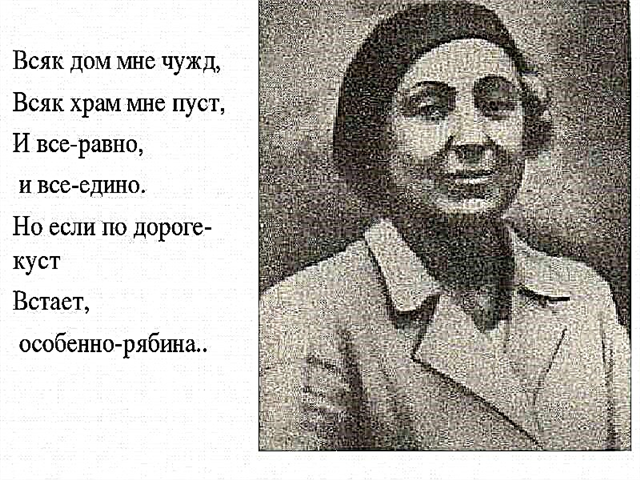B.L. Pasternak was born in Moscow on January 29, 1890, he wrote the first poems after a trip with his family to Italy. Apparently, the author at that moment had very conflicting feelings, because he was impressed by the beautiful Venice, but at the same time he was deeply upset by the refusal received from the beloved whom he proposed. These verses were still youthfully immature, but, at the same time, very informative and rich. After returning to Russia, he became a member of a number of literary circles, including such as Lyric and Musaget. At the first steps of his career he was attracted by symbolism and futurism, but a little later Pasternak would choose his own, special, independent path from other literary associations.
History of creation
The “Change” was framed in perhaps the happiest time of Boris Leonidovich’s life — a year before the publication and immediately before the writing of one of Pasternak’s most famous novels, and indeed Russian literature of the 20th century — Doctor Zhivago, in 1956. In that period, which is considered to be the period of the writer's late work, he lived in Peredelkino. There, he worked in a writing village, in the middle of a forest and near a vegetable garden, enjoying recognition from the authorities, because not every artist received privileges from her in the form of a state dacha. Of course, this time will soon pass, and the writer will be criticized only because he was awarded an even more honorable honor, but already abroad.
This year, Pasternak worked incredibly much, as if trying to manage to publish as many works as possible before being nominated for the Nobel Prize, which he received in 1958. Apparently, home comfort, coupled with very controversial family circumstances (Pasternak actually had two families during this period) only benefited creativity.
Genre, direction, size
The influence of symbolism with complex rhymes characteristic of this literary movement, not always and not fully understood by images and metaphors, is noticeable in Pasternak's pre-war verses. But, in the future - during the war, his style indulges in a number of significant changes: poetry becomes easier, more understandable and much easier to read. Such is the “Change."
The genre of “Change” is unusual; it refers to meditative lyrics. The poem is framed by a four-foot iamba - not the most common poetic size, but the author chose a cross-rhyme for harmony.
We can also say with confidence that this is not just a poem, but a thought, that is, the poet’s reflection on philosophical and social topics. At the same time, one should not call this text an elegy just because of its sad content with pronounced motives of disappointment.
Composition
The work consists of two parts. The first, which includes 4 quatrains, shows the reader how the protagonist of the story behaved earlier (“I once clung to the poor”), what he considered to be true (“I was an enemy of parasites”) and how the environment characterized him ( "Considering me also a tear").
In turn, the second part, consisting of 2 quatrains, draws the reader's attention to the changes that have occurred with the author (“And I have deteriorated since then”), and what this led to.
Images and Symbols
- The central image of the poem is itself lyrical hero, the changes that have happened to him over time and what these changes led him to. He was familiar with different sectors of society, but only among the poor did he find a true life without false embellishments. He was also considered a flog - and he considers it an honor for himself, because it is better to be straightforward and free beggar than a parasite, profiting from ordinary people.
- Attic without curtains - This is a symbol of poverty, which was previously painfully familiar to the hero. Basement - that set of unwritten laws to which the poor obey. He is a weight because the truth of life is hidden under him. Only within its framework was a man honest and not covered by hypocrisy and the scenery of bourgeois averaging.
- The image of “Golya erratic” - This is a reflection of a worthy working people who honestly and hard work for the good of the whole society. The author contrasts him with a noble public who lives a false parasitic life, and philistinism - with what poor heroes turned after they overthrew the "parasites". Satiety and craving for profit were transferred to them.
- The image of the updated lyric hero - This is a reflection of his shame for his secured lifestyle, which spoils his healthy nature. Now to be poor is shameful, as philistines say. And he, obeying these "cramps", is disappointed in himself, in his environment, in his ideals.
Themes and mood
- Pasternak was born and grew up in a family of intelligent and very wealthy people, that is, in his own words, "he was familiar with the nobility." And, like most teenagers, he saw some falsehood in this not aggressive and peaceful environment. Perhaps in his mind an illusion appeared that simple people who were not burdened with “money and status” more often, if not constantly, say what they think about, and, accordingly, they will be closer and more pleasant in communication. In this statement, the author raises honesty topic. In his opinion, it is possible only where the measure of human value is labor, and not a position in society.
- The craving for simple “hard workers” was natural among young intellectuals of that time, despite the fact that the poet’s communication environment included representatives of various classes, and this ambiguity in choosing a circle of friends is the basis of the work. And here main theme - this is the opposition of honest working people to noble parasites and well-fed bourgeois. Once poverty was not shameful, he highly esteemed it and looked for high ideals in it. But over time, she was vulgarized and confused in the intricacies of words. Society is now ashamed to be a beggar. Satiety is elevated to the ideal. In this change, the author hints that the revolution ran into what it fought for. The former hard workers and fighters for justice became tight-fisted bourgeois who condemned both their heroic past and their former virtues, declaring all this shameful. The poet himself became such, and now he raises the theme of shame and disappointment in himself in his poem.
- Trust issue also rises in the text. Pasternak realized that the simplicity and even sincerity of those around them can use for their own benefit, regardless of the interests of others. Like most people, the author is finding it increasingly difficult to figure out who to trust in this ambiguous and controversial world, in which it is sometimes impossible to understand who is a friend and who is just called him, waiting for a convenient moment to take advantage of his position. Parsnip realizes that he cannot trust his old acquaintances, and this awareness leads to sadness and causes feeling of hopelessness.
Idea
The meaning of the poem is that poverty is not a synonym for humanity, just as well-being does not mean an indispensable "parasite." The former virtuous beggars, rejected by the society of torn, after the revolution received power and means. Their honesty gave way to the same falsity with which they fought. Their new ideals are the same satiety, the same hypocrisy, the same greedy impulses. They became the same parasites that they despised so much. And the main idea burns with its frankness after reading the work - “anyone can betray”, but the question remains, to which the author could not give a definite answer on the lines of this poem - “Who can be trusted?”.
The poem "Change", by all accounts, is one of those works of Pasternak, where he is more a philosopher than a poet. It is amazing that it was created at that time, which, perhaps, should be called the happiest in his difficult life. Indeed, the general background, the selection of words and means of expressiveness, and in particular the sad conclusion, does not in any way indicate the author's cloudless mood.
Means of artistic expression
In this poem, the poet’s syllable is as “tactile” as the poor structure described by him. Speech is not teeming with trails. The use of such colloquial expressions as “gol”, “parasite” and “tear” emphasizes that we are talking about life “without a pump and a parade” and reinforces the irony in the first four stanzas. I dare say that the poet uses elements of the grotesque - images of people and phenomena in an ugly-comic form, based on sharp contrasts and exaggerations.
A vivid metaphor in the second part of the poem: “And I have deteriorated since then ...” as a transition to the sad conclusion that the author makes for himself: “I have lost a person ...”. Repetitions of the same root words in the last stanza: trusted - not true, lost - lost - only reinforce the impression of what you read.

